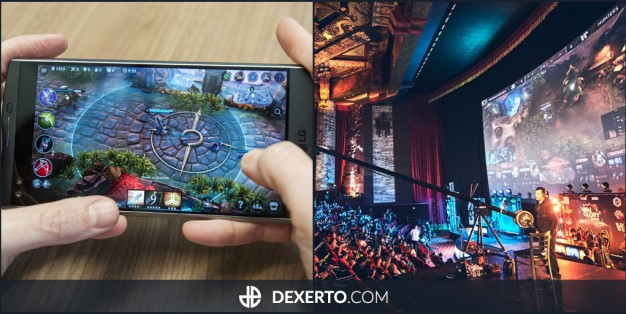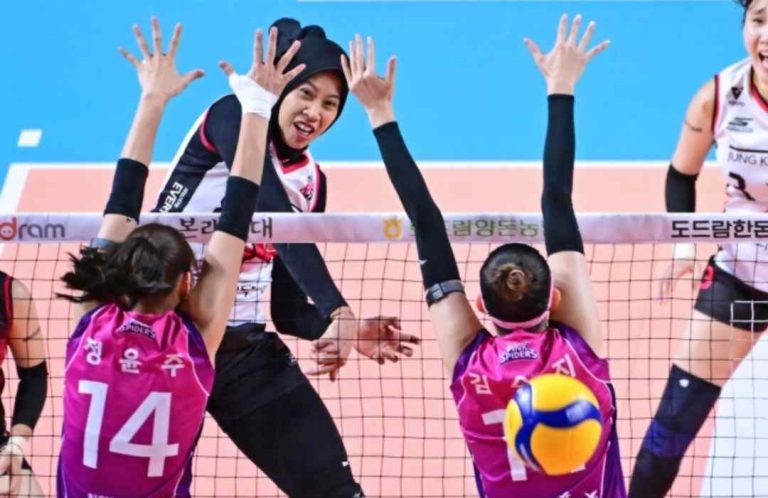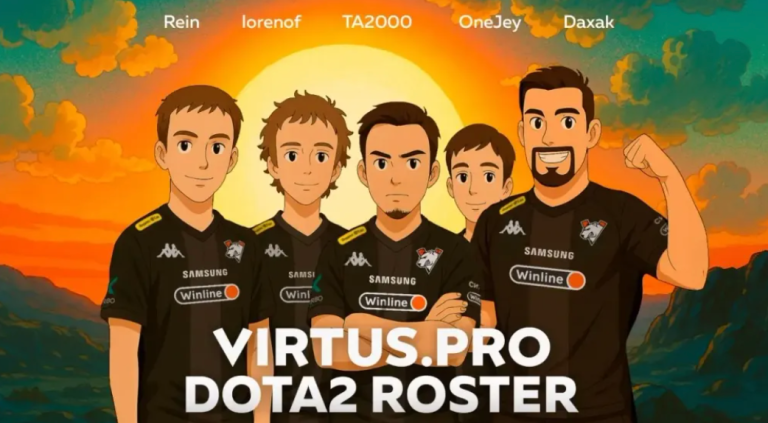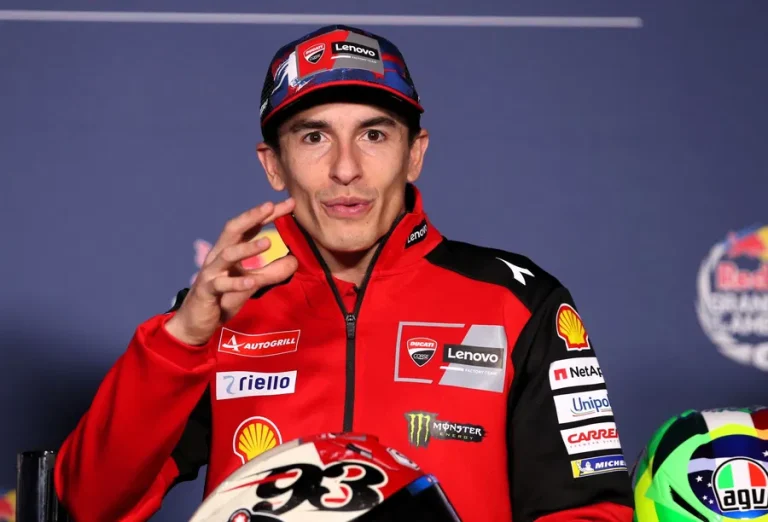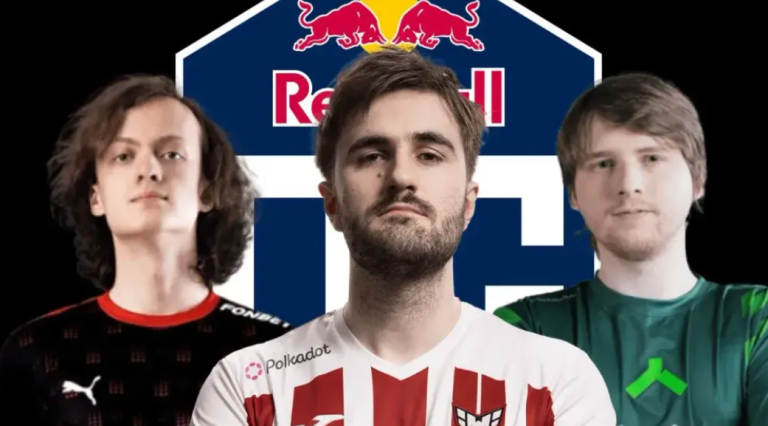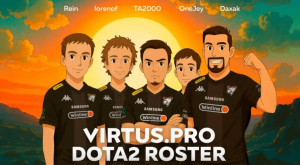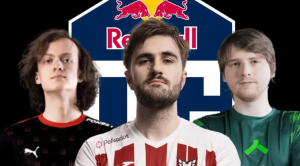If there’s one thing gamers have scoffed at for years, it’s the idea that mobile gaming is a serious industry for serious gamers. There is a widespread perception that mobile titles cannot provide the deep, complex experiences that hardcore gamers expect when it comes to their gaming content.
That doesn’t mean the mobile industry isn’t growing, however. Newzoo reported in April that 42 per cent of the current gaming market belongs to the mobile industry, with mobile devices projected to claim more than half the market by 2020. With such a large market share, it is perhaps surprising that the current mobile presence in esports is so meagre.
When it comes to mobile esports, most discussions do start and end with Vainglory. The mobile MOBA by Super Evil Megacorp has drawn plenty of interest of big esports organisations, and it might be moving to a larger, 5-on-5 format in the near future.
Though it still might seem like Vainglory is enjoying its success in a vacuum, Fnatic Chief Gaming Officer, Patrick Sättermon, says, “We believe there’s a bright future for mobile based esports which signals a shift from the PC-dominated titles until now.” That’s where Skillz, a San Francisco-based mobile esports company, comes in.
Skillz is a pretty big deal when it comes to competitive mobile gaming. They recently received $28m from investors, including $15m from The Kraft Group, owners of the Boston Overwatch League team. Skillz also hired Kent Wakeford, former COO for mobile gaming developer, Kabam, to their board of directors. Skillz’ biggest project to date is their partnership with Beeline, a Capcom-owned subsidiary, to bring Street Fighter to a mobile audience with all the bells and whistles for match-making and tournament play.
But what exactly is Skillz, you ask? Skillz CEO, Andrew Paradise, answered that question for me in a recent interview.
“Skillz gives developers the technology stack and the opportunity to transform their mobile game into the next great electronic sport – one that is accessible to anyone, regardless of skill level.”
It’s been a lucrative system thus far for Skillz. A spokesperson for the mobile esports platform provided me with some impressive stats:
Skillz players have won more than $100 million in prizes.
Skillz is partnered with over 3,000 mobile game developers.
Skillz has more than 12 million players from over 180 countries, 53% of which are female.
Though Skillz boasts some large numbers, Paradise’s view for mobile esports is a simple one when it comes to bringing esports to a casual audience, and possibly changing how we perceive esports.
“Skillz is playing a pivotal role in this trend by bringing esports to mobile, the world’s most popular gaming platform,” Paradise tells me. “With Skillz, you don’t need to be a multi-billion dollar corporation to build the next great sport and you don’t need to be a professional to play it.”
While this notion seems to be a noble one, it doesn’t necessarily reflect what’s happening in amateur esports. Since Skillz is getting involved with Street Fighter, it’s useful to discuss how friendly the fighting game community is to new and developing talent. Invitational events aside, most well-known fighting game tournaments feature an open-bracket system where anyone can sign up to compete. Naoki “Moke” Nakayama made it all the way up to the top eight at Evo this year and very few people had even heard of him.
Further to this: esports is a very complicated industry with many moving parts. Simply put, some crucial elements are missing from the majority of mobile titles that aren’t Vainglory. There are no player or team narratives to speak of, there aren’t events that anyone wants to watch (at least not right now), and there aren’t any leagues or circuits, for starters. The games themselves lack the strategic depth that traditional esports titles have, not to mention the added layer of complication that fightsticks, controllers and keyboards bring to the experience.
While the casualisation of the concept of esports may add some depth to the scene, mobile gaming still has a lot of work to do if it wants to win over regular consumers of esports content. All you need to do is pull up Vainglory or Clash of Clans on Twitch to see how viewer numbers for popular, competitive mobile games pale in comparison to games like League of Legends, DotA 2, or even Overwatch.
Adding “esportsified” elements to competitive mobile titles does not mean we should start mentioning them in the same breath as games that have built the foundation of the esports industry over the last couple of decades. Kudos to Skillz for meeting another demand of mobile gamers, but that same demand just isn’t there at the true esports level right now.

